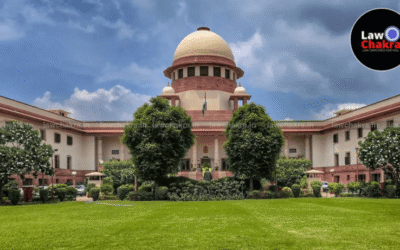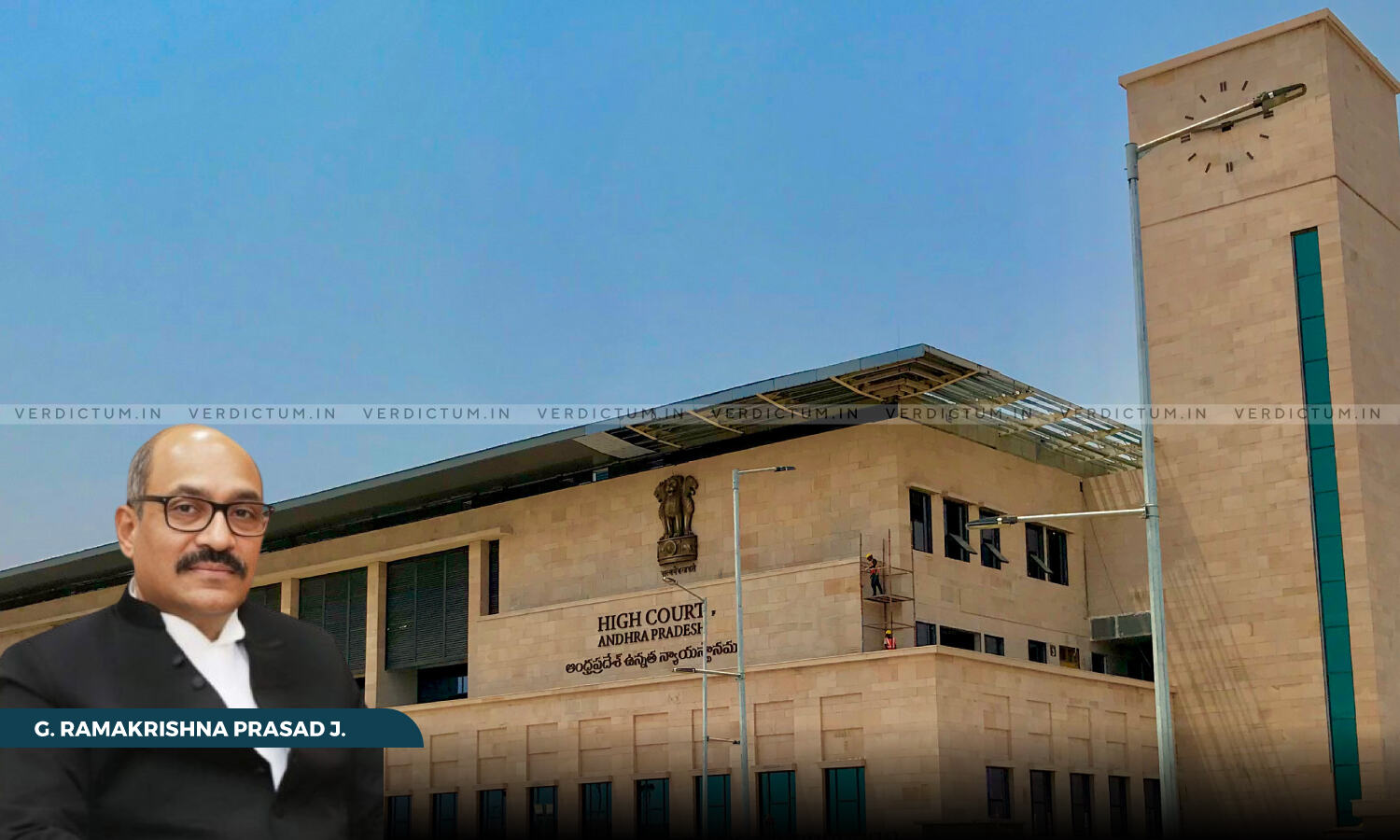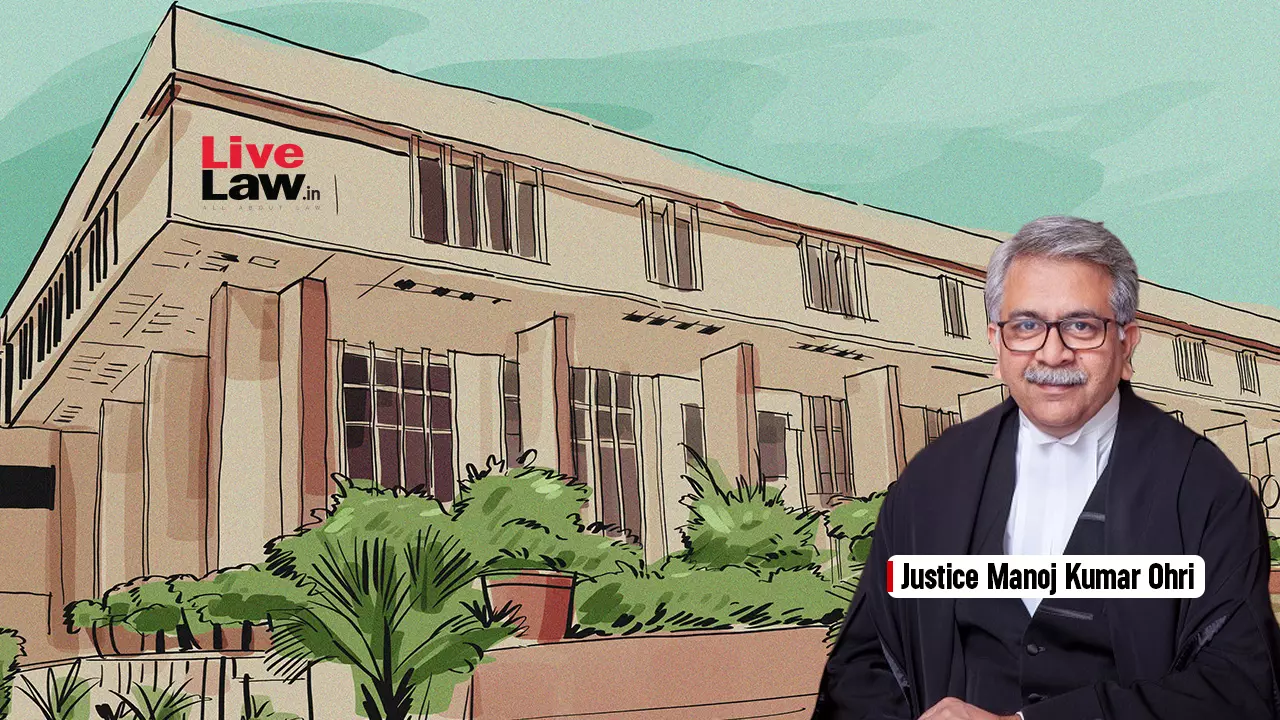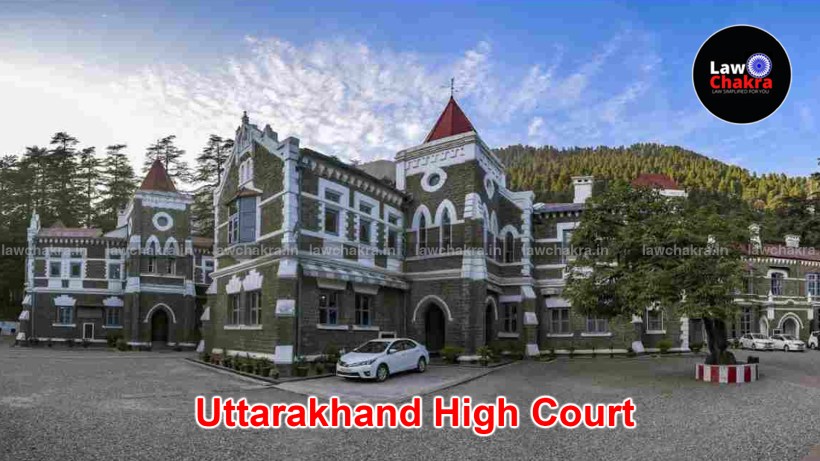Article 24 Of AIFTA Does Not Deprive Customs Authorities Of Their Power to Issue Show Cause Notices: Bombay High Court

The Bombay High Court has held that Article 24 of AIFTA (Framework Agreement on Comprehensive Economic Cooperation between the Republic of India and the Association of Southeast Asian Nations) does not deprive customs authorities of their power or jurisdiction to issue a show cause notice.
In both the Petitions, the Petitioners challenged the show cause-cum-demand notices issued under Section 28 of the Customs Act, 1962 (Customs Act), in the context of benefits under Customs Notification No. 46/11 dated June 1, 2011, concerning the import of “Tin Ingots” from Malaysia.
The Division Bench of Justice Jitendra Jain and Justice M.S. Sonak observed, “Section 28 of the Customs Act confers ample powers upon the Customs authorities to investigate into and adjudicate upon violations due to misrepresentation, suppression or fraud. Based on the material collected by the Customs authorities, a show cause notice has been issued to the Petitioners giving them full opportunity to explain how there was misrepresentation, suppression or fraud on the issue of RCV. There is no legal or jurisdictional infirmity in the issue of such show cause notices. The provisions of Article 24 of AIFTA do not deprive the customs authorities of their powers or jurisdiction to issue such show cause notices.”
Senior Advocate Vikram Nankani represented the Petitioners while Advocate Jitendra B Mishra represented the Respondents.
Factual Background
The Petitioners are primarily engaged in the business of importing and trading in various products, including Tin Ingots. As per the Petitioners, a Free Trade Agreement dated August 30, 2009 (AIFTA) between the Republic of India and the Association of Southeast Asian Nations (ASEAN), governed the subject transaction. Several domestic industries filed complaints or made representations regarding the import of Tin Ingots from Malaysia, alleging that they had been wrongly availing themselves of the benefits under Exemption Notification No. 46 of 2011. The complaints alleged fraud by misrepresenting the RVC (Regional Value Content) as being above 35%, when in fact it was significantly below 35%. Accordingly, the Customs Authorities issued the impugned show cause notices under Section 28 of the Customs Act, requiring the Petitioners to show cause why the benefits obtained by them through misrepresentation or suppression of correct facts should not be recovered and a penalty should not be imposed upon them.
It was the petitioners’ case that the initiation of any adjudication proceedings under the Customs Act without observing the due process of law and as prescribed in the treaty, which would include the specific dispute resolution mechanism provided under Article 24, was wholly without jurisdiction and unsustainable. After these Petitions were dismissed on July 9, 2019, the Petitioners, in the Appeals instituted by them before the Supreme Court, had urged that the issue about the efficacy of Article 24 of Appendix ‘D’ to the treaty could not be adjudicated by the authorities under the Customs Act. The Supreme Court accepted the contention that the dismissal of the Petitions by relegating the Petitioners to avail of the alternate remedies was not justified. The Apex Court restored the Petitions to the High Court’s file.
Reasoning
The Bench explained that Section 28 of the Customs Act confers ample powers upon the Customs authorities to investigate and adjudicate upon violations due to misrepresentation, suppression or fraud. Based on the material collected by the Customs authorities, a show cause notice had been issued to the Petitioners giving them full opportunity to explain how there was misrepresentation, suppression or fraud on the issue of RCV.
As per the Bench, there was no legal or jurisdictional infirmity in the issue of such show cause notices. The provisions of Article 24 of AIFTA do not deprive the customs authorities of their powers or jurisdiction to issue such show cause notices. “The Petitioners virtually insist that the treaty provisions prevail over national laws, even though the treaty provisions on which they rely have not been incorporated into any national law. This is clearly impermissible, and the challenge on the lack of jurisdiction to issue the show cause notices cannot be sustained”, it said.
The Bench further explained that based on the provisions of Section 28DA, it couldn’t be inferred that the pre-amended provisions of the Customs Act, 1962, prevented the Customs Authorities from exercising powers under Section 28 of the Customs Act and investigating cases of misrepresentation, suppression, or fraud. “Certain additional powers have now been conferred upon the Customs authorities. But an inference that the earlier powers were insufficient to deal with cases of fraud, suppression or misrepresentation is untenable”, it said.
As per the Bench, Section 28 of the Customs Act is quite exhaustive and provides that where any duty has not been levied or paid etc. on account of collusion, wilful mis-statement, suppression of facts by importer or exporter etc., the competent officer may act within five years from the relevant date and serve a notice on the person chargeable with duty or interest, which has not been paid. Referring to the judgment of the Gujarat High Court in Trafigura India Private Limited V/s. Union of India (2020), the Bench held that the High Court had interpreted the provisions of Section 28 and concluded that suppression of facts implicatory can be a ground for invocation of the said provision.
“In the present case, the Customs Authorities are yet to adjudicate the matter, and therefore, it is not for this Court to make any observations that would even remotely prejudice the interest of the Petitioners or the Respondents. However, attempts to stall or prevent the adjudication proceedings, as outlined in the impugned show cause notices, cannot be encouraged when exercising our extraordinary and equitable jurisdiction under Article 226 of the Constitution”, it held.
Thus, finding no merit in the Petitions, the Bench dismissed the same.
Cause Title: Purple Products Private Limited v. Union of India & Ors. (Neutral Citation: 2025:BHC-OS:8683-DB)
Appearance:
Petitioners: Senior Advocate Vikram Nankani, Advocate Prithwiraj Choudhari Aansh Desai, Advocate Prabhakar Shetty
Respondents: Advocates Jitendra B Mishra, Sangeeta Yadav, Rupesh Dubey





